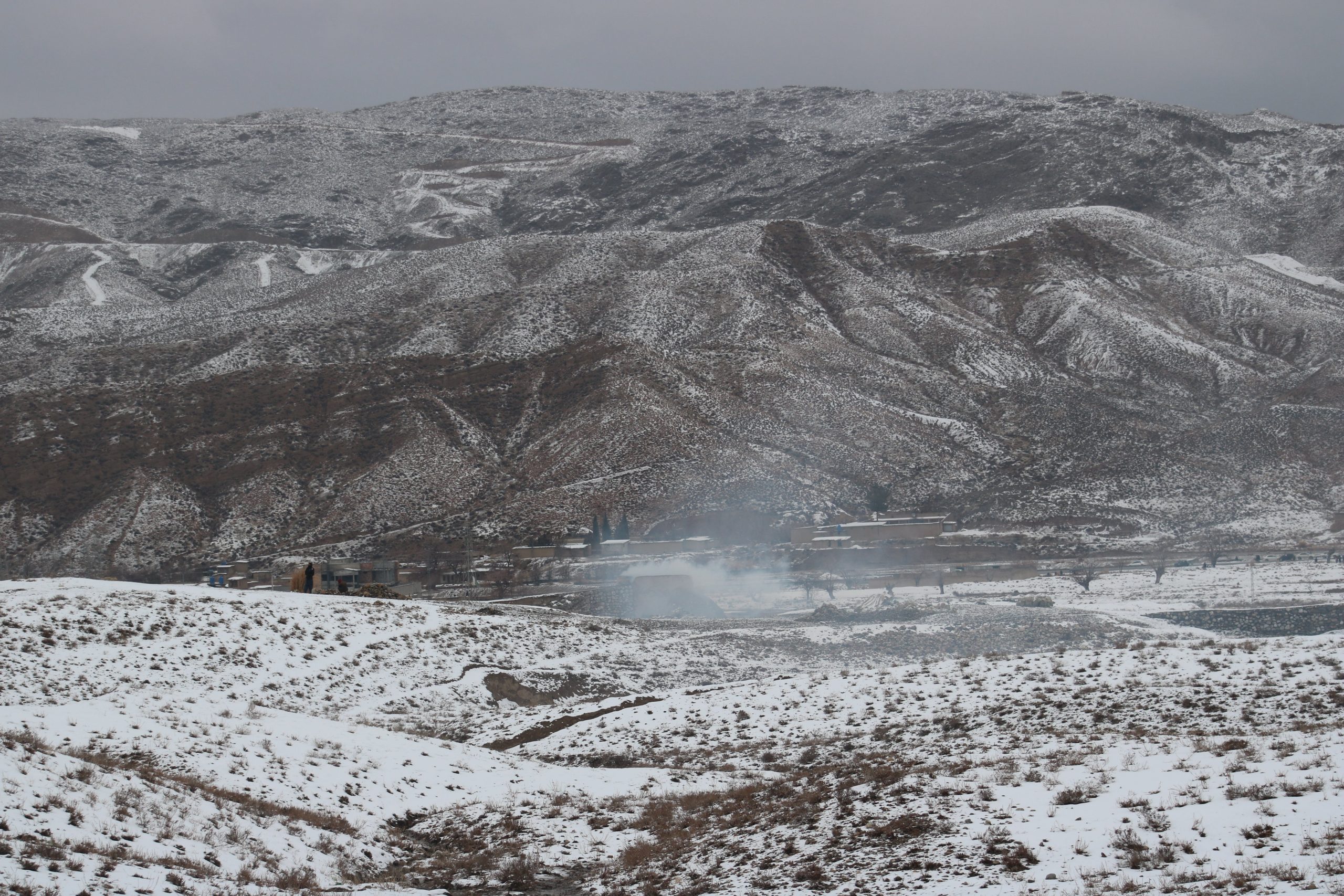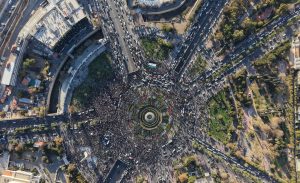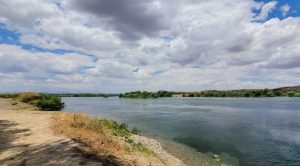Uncovering Balochistan: An In-Depth Look
Balochistan, a province located in southwestern Pakistan, has been plagued by a human rights crisis characterized by enforced disappearances, extrajudicial killings, and the violation of basic human rights. The situation in Balochistan has garnered international attention and raised concerns about the deteriorating state of human rights in the region. The crisis in Balochistan can be attributed to the continual crises of state and society, including political turmoil, martial law regimes, internal strife over ethnic linguistics, provincial autonomy issues, and economic instability. One of the most troubling aspects of the crisis in Balochistan is the widespread disappearances of individuals, particularly activists and political dissidents. These enforced disappearances are often carried out by security forces or intelligence agencies, who detain individuals without any legal justification or due process. The disappearances in Balochistan have created a climate of fear and uncertainty, as families are left searching for their loved ones with no information or recourse. The issues faced by women in Balochistan are also grave. They face numerous challenges and barriers to their empowerment, including limited access to education, healthcare, and economic opportunities.
The rampant human rights violations in Balochistan have disproportionately impacted the Baloch and Pashtun communities. Racial profiling and extrajudicial police violence have been prevalent, resulting in excessive surveillance, coercive policing, and state violence against these communities.
These systematic abuses have prompted widespread outrage and calls for justice, both within the province and on the international stage. The Baloch and Pashtun communities have continuously voiced their grievances and demands for an end to the targeted violence and discrimination they endure.
Extra-Judicial Killings: An Unsettling Reality in Balochistan
One of the most pressing issues in Balochistan is the alarming number of enforced disappearances. Thousands of people, including activists, journalists, and ordinary individuals, have gone missing without any trace or explanation. Their families live in constant anguish, not knowing the fate or whereabouts of their loved ones. The disappearances in Balochistan have raised serious concerns about human rights violations and accountability. The situation is further exacerbated by the lack of media freedom and restrictions on reporting human rights violations in Balochistan. Media institutions and journalists face immense difficulties in Balochistan, with reporting on human rights violations and corruption forbidden.
These gross human rights violations have been highlighted by various national and international human rights organizations. They have shed light on the horrendous “Kill and Dump” policy employed by state agencies in Balochistan, where individuals are abducted and later found dead, often showing signs of torture. The pervasive use of enforced disappearances, torture, and extrajudicial executions in Balochistan reflects a deep-seated corruption within the legal system and a lack of accountability for these human rights abuses.
Baloch rights groups calculate that during the two-decade conflict, over 8,000 people have been forcibly disappeared, over a thousand have been slain, and their bodies have been discarded.
2018 saw the administration of former Prime Minister Imran Khan receive a list of 5,000 claimed victims of enforced disappearances from Akhtar Mengal, the leader of the ethno-Baloch nationalist Balochistan National Party (BNP Mengal). The Khan administration was unable to bring individuals who had vanished back or to put an end to the practice of enforced disappearances. Rather, the problem got worse; with more children going missing and then turning up dead or slain in supposed confrontations.
For many years, political figures, human rights advocates, and bereaved families have voiced their opposition to security agency-initiated killings in Balochistan, referring to these as “staged encounters.” In some cases, the victims are swiftly slain while the government maintains that they were killed in a gunfight.
The Women-Led Protest: A Historic Stand
Despite these challenges, women in Balochistan have been resilient and have taken a stand for their rights. Since November 23rd, The 30-year-old Dr Mahrang Baloch has been leading hundreds of women, whose husbands, brothers, and kids have gone missing in Balochistan, to march from the southern Kech district near the Iranian border to Islamabad, Pakistan’s capital. They have clear demands: an end to enforced disappearances and extrajudicial executions, and justice for those responsible for extrajudicial killings of Baloch’s youth.
The rest of Balochistan province is not new to protests, sit-ins, or large-scale demonstrations, but what sets the current protests apart is the enormous number of young women participating in and leading the demonstrations to Islamabad. This is an exceptional development in a predominantly conservative and tribal region.
The present campaign arose in response to the murder of a 24-year-old Balaach in Turbat Tehsil, the seat of Kech district, a militancy-plagued province.
Facing Violence: Islamabad Capitol Police and the Protesters
More than 200 protesters, including women and children, were detained by the Islamabad Police on Thursday. Demonstrators were protesting the “enforced disappearances” and “genocide” of ethnic Baloch people in the resource-rich province; these protestors particularly gathered in the federal capital to demonstrate.
Clashes between protestors and police occurred on the outskirts of Islamabad, leading to arrests. While Islamabad’s police chief says some protestors threw stones at law enforcement, protestors claim officers attacked their peaceful rally. Carrying photos of their loved ones who were allegedly killed or kidnapped by security services, almost fifty relatives of missing Baloch people joined the sit-in.
“Voices from Balochistan: A Conversation with Ali on the Ongoing Crisis”
We spoke with Ali, a journalist and lawyer who also practices in Turbat, Balochistan. As such, we inquired about what drives his motivation, how the issues of enforced disappearances and protests in Balochistan affect his career, and what hope he has for the future of human rights and justice in the region.
Ali told us: “As a lawyer, one has to be very different than ordinary. You are bound to limited cases and threatened over any case of enforced disappearance. In fact, at times one feels the courts are of no use with what is actually happening on the ground. However, as public resistance is fueling, things are changing towards the right direction.”
“My people. Baloch, I believe, have a very bright future. The core reason is the involvement of women and children in the movement clarifies that Baloch awaits an even brighter future than one can think of.”
We also asked Ali about what outcomes he envisions from the ongoing women-led movement, both in terms of government actions and public awareness, and does he personally thinks the impact of enforced disappearances on individuals or families influences his commitment to justice.
According to Ali: “The biggest change I hope is that people here need to realize that it is their identity which puts them in hot water. Whether or not they speak up or resist, they are already destined to enforced disappearance and other human rights violations just because of their identity as Baloch.”
“On the daily, Baloch keep getting abducted in front of our eyes. But there is hope in the younger generation and a vision towards a better justice than they can ask for. This influences me as a Baloch and as a lawyer.”
The women-led protests marked a historic moment in the fight for justice and accountability. The protests were a response to the enforced disappearances and human rights violations that have plagued Balochistan for years.
Their bravery and determination sent a powerful message, not only about the urgent need for justice but also about the important role that women play in advocating for human rights and social justice.
Continuing our conversation with Ali, we asked him to share some of the major obstacles he has encountered in his efforts to address human rights violations in Balochistan, and how he and his colleagues maintain resilience in the face of adversity.
“The major obstacle is the threat of enforced disappearances. We know we are destined to it, so remaining tacit is not even an option.” – Ali Jan Maqsood
Though there are still ways to resolve human rights breaches and ensure justice for the Baloch people; the future of Balochistan is still unclear. A plausible scenario is increased international pressure on the government of Pakistan through the use of instruments such as international tribunals or sanctions. The empowering of regional Baloch activists to raise awareness and push for change is another possible result. A third option is a diplomatic settlement that involves discussions between the Pakistani government and the Baloch people that encourage reforms aimed at addressing the underlying reasons for the violations of their rights. A strong commitment to protecting human rights in Balochistan and persistent efforts by local and international parties are necessary to achieve these goals.






Be First to Comment